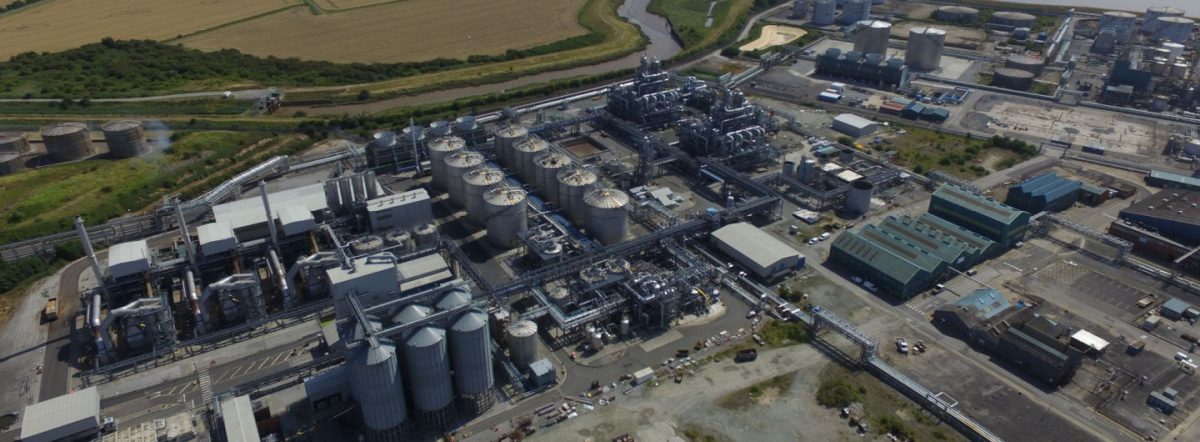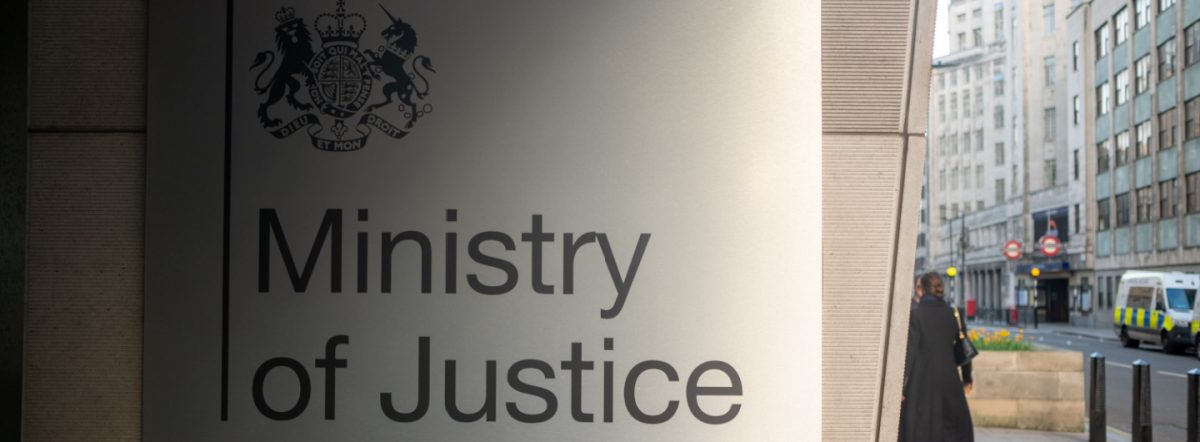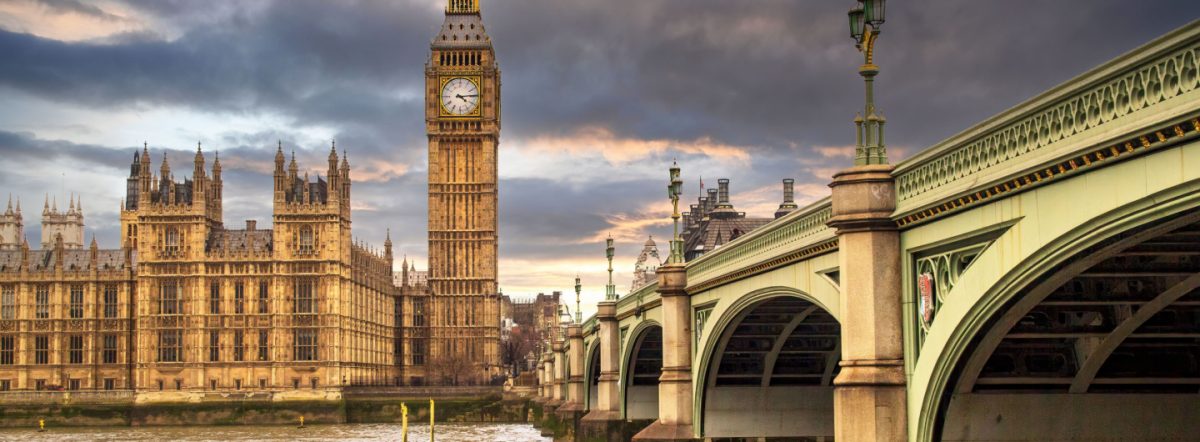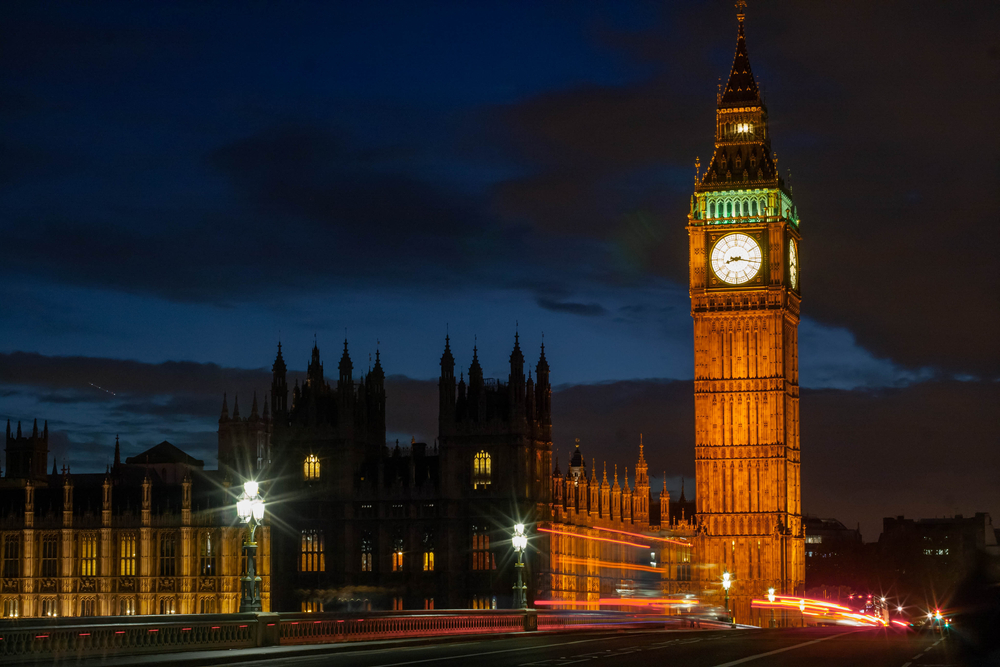Government ministers have been accused of failing vulnerable households as thousands of members of the public have overwhelmed an official consultation on prepayment meters (PPMs). [1]
Campaign group 38 Degrees helped over 20,000 people submit individual responses to Ofgem’s consultation on new PPM rules, which propose allowing energy firms to resume forcibly installing prepayment meters, while introducing protections for a select group of customers – households with members over 85 or under 5.
95% of these respondents told the regulator it should protect all households from forced prepayment meter installations.
The forced PPMs scandal rocked the energy industry after investigations by the i paper and The Times revealed the extent energy firms were using the courts to gain warrants to people’s homes to force vulnerable people onto PPMs.
Expert reports cited in the End Fuel Poverty Coalition’s official response to the Ofgem consultation highlight the health problems potentially caused by people’s PPMs switching off and leaving them in cold damp homes. [2]
Despite bans being imposed on courts from issuing PPM warrants and a voluntary ban on energy firms from forcing people onto these meters, examples have emerged that firms are still threatening the use of court warrants and forced entry.
The Government has rejected backbench amendments to the Energy Bill which would give it the power to ban the forced transfer of households onto prepayment meters (PPMs). Further debate on the Bill will now not take place until the autumn after running out of Parliamentary time.
A spokesperson for the End Fuel Poverty Coalition, commented:
“A legally enforceable ban on the forced transfer of homes onto a PPM is the solution to this abuse of power.
“Yet the Government continues to refuse to amend the Energy Bill to provide the protections vulnerable households need.
“Sadly, Ministers are showing a dereliction of responsibility toward the vulnerable. Instead of protecting them, they are keen to allow energy firms to restart forcing households onto prepayment meters and risk leaving them in cold damp homes this winter.”
MPs from across several political parties have offered Ministers the opportunity to amend the Energy Bill to ban forced PPMs. The latest attempt will be at the Report Stage where Wera Hobhouse, MP for Bath, has tabled a fresh amendment.
Ian Preston, director of household energy services at the Centre for Sustainable Energy, said:
“Over the last seven years our energy advisors consistently see shocking examples of poor customer service and awful treatment of vulnerable customers from energy suppliers.
“The regulator needs to make better standards a licence condition rather than relying on principles which suppliers like Scottish Power seem to lack entirely.”
Among the members of the public who have responded to the consultation, Christine Davies, of Carmarthen, Wales commented:
“I live in dread, personally, of having to transfer to a prepayment meter at some point. I am disabled with multiple chronic illnesses and struggle to pay my bills. I am afraid of putting my heating on for too long and for as much as I need it.”
Peter Wilson, of Wallasey, Merseyside added:
“Ofgem’s brief is to protect all consumers; it is outrageous that prepayment meters can be forced on any customer as they inevitably affect the poorer members of the community, which is like kicking people when they are down.
“I have a mobility issue, and when I had a prepayment meter it was a serious worry to me that I was limited to the amount of money on the card and I did once run out over a Christmas period when my close family members were away.”
Anne McLaughlin, MP for Glasgow North East chairs the All Party Parliamentary Group on Prepayment Meters and commented:
“The energy firms have lost all respect for Ofgem and they’re running circles around them. If they do breach Ofgem rules, they’re happy to take a slap on the wrist and pay the fines.
“The 18th April Voluntary Code of Conduct to prevent the forced installation of prepayment meters doesn’t go far enough, so we need the power to properly regulate energy firms and safeguard vulnerable prepayment meter customers handed to the Secretary of State for Energy Security & Net Zero.
“The Energy Bill gives us a unique opportunity to do this in legislation, and I’m urging the UK Government to back any amendment that will allow this to happen.”
The End Fuel Poverty Coalition spokesperson, added:
“Profit-making energy firms claim they need to force people onto prepayment meters to help deal with rising energy debt levels. However, there is a better way to deal with this.
“Plans put forward by a range of charities, including the Money Advice Trust, would establish a Help to Repay scheme for energy debt which is a sustainable way to help households.”
More than 44,000 people have also signed a 38 Degrees petition, calling on Ofgem to ensure no one is forced onto a prepayment meter against their will.
ENDS
[1] https://www.endfuelpoverty.org.uk/about-fuel-poverty/
[2] End Fuel Poverty Coalition consultation response available online: 230713 EFPC Ofgem June PPM Consultation





